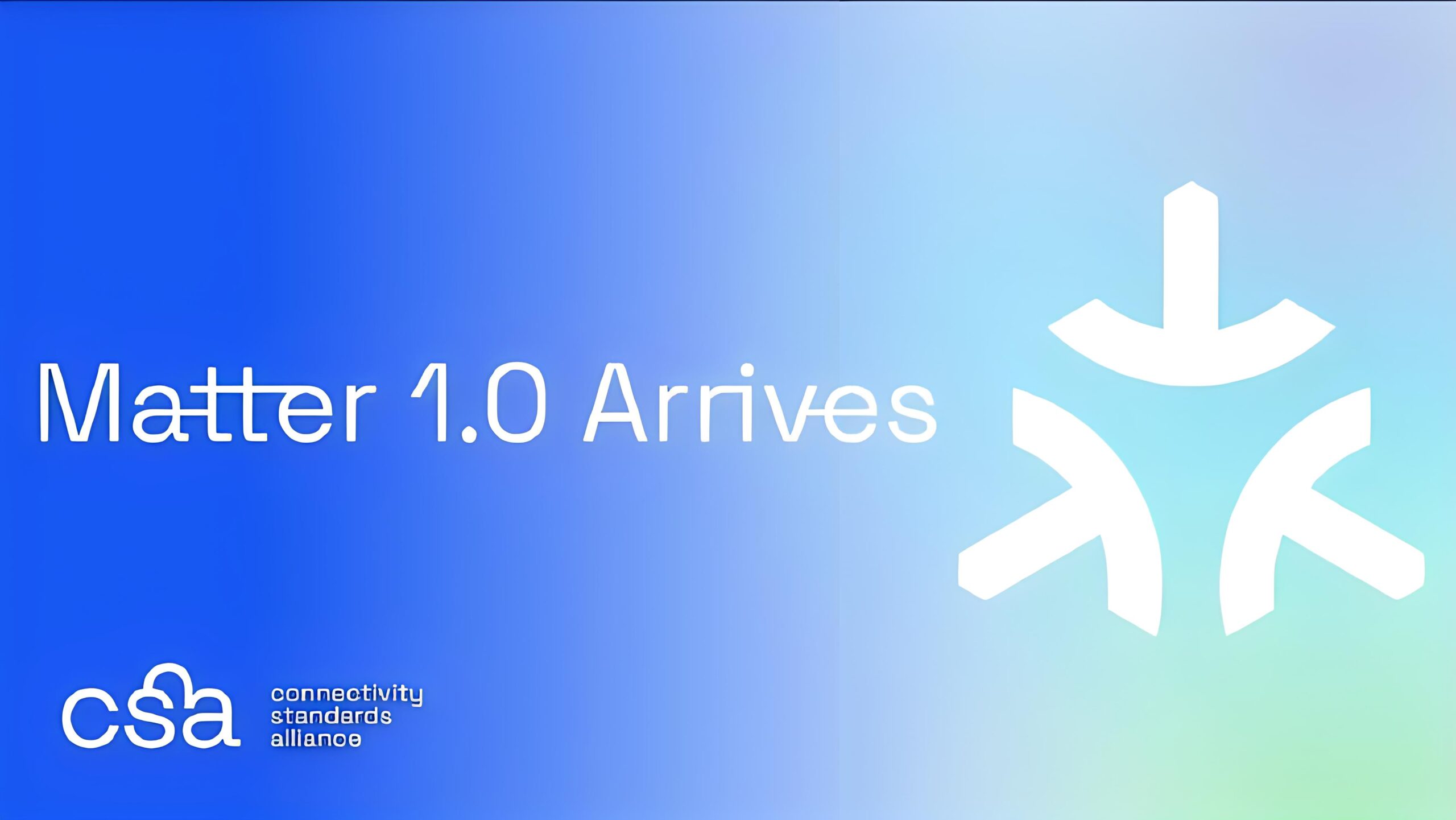
The smart home market has seen incredible innovation in recent years. However, the landscape remains fragmented due to proprietary systems that lock users into specific brands. Matter aims to finally provide interoperability, presenting unique opportunities for IoT companies.
For developers, Matter reduces the barrier to entry significantly. Creating multiple versions of products for each ecosystem is cumbersome and costly. With Matter, companies can develop once and integrate everywhere. This will enable smaller players to compete and promote innovation.
Startups specifically can leverage Matter for rapid prototyping and faster time-to-market. By using Matter’s interfaces and SDKs, they can get products functional across multiple platforms quicker. This gives startups an opportunity to gain a foothold against larger established brands.
Device makers also benefit from Matter’s robust onboarding tools. Instead of needing deep technical knowledge across multiple stacks, Matter provides simplified tools to register and connect products. This reduces overhead for companies to make devices Matter-compatible.
At the same time, Matter opens the door to collaborate rather than compete. Vendors can leverage Matter to create integrated product experiences spanning multiple brands. One example is using Matter to connect light fixtures, HVAC systems and shading for adaptive whole home automation.
This is notable given major players like Amazon, Google and Apple are supporting Matter. Companies adopting Matter thus gain access to these enormous smart home ecosystems. Once walled gardens are now potential partners to expand reach.
For retailers and distributors, Matter-certified devices also offer advantages. Universal compatibility gives consumers more flexibility and choice. Retailers can satisfy any customer without needing to sell competing branded hubs. As Matter adoption grows, having Matter-compliant inventory will be essential.
Service providers likewise have much to gain from Matter’s surge. Installers and integrators can now offer their expertise across previously siloed systems. Being an expert on Matter broadens the addressable market beyond specific vendors.
Of course, monetization questions exist, as opening ecosystems could impact revenue streams. But Matter should expand the overall smart home market, helping recapture revenue through higher sales volume over time.
Matter’s multi-admin features are also crucial for commercial spaces like offices, hotels and hospitals. Device lifespans often exceed single-vendor solutions here, making interoperability mandatory. Matter allows securing and managing devices over their full lifetime.
The standard still faces real-world adoption challenges as technical hurdles arise. But for companies ready to embrace openness and collaboration, Matter represents the ultimate opportunity to drive mainstream smart home adoption. Matter stands to reshape the IoT landscape in ways that benefit innovative companies willing to evolve.


